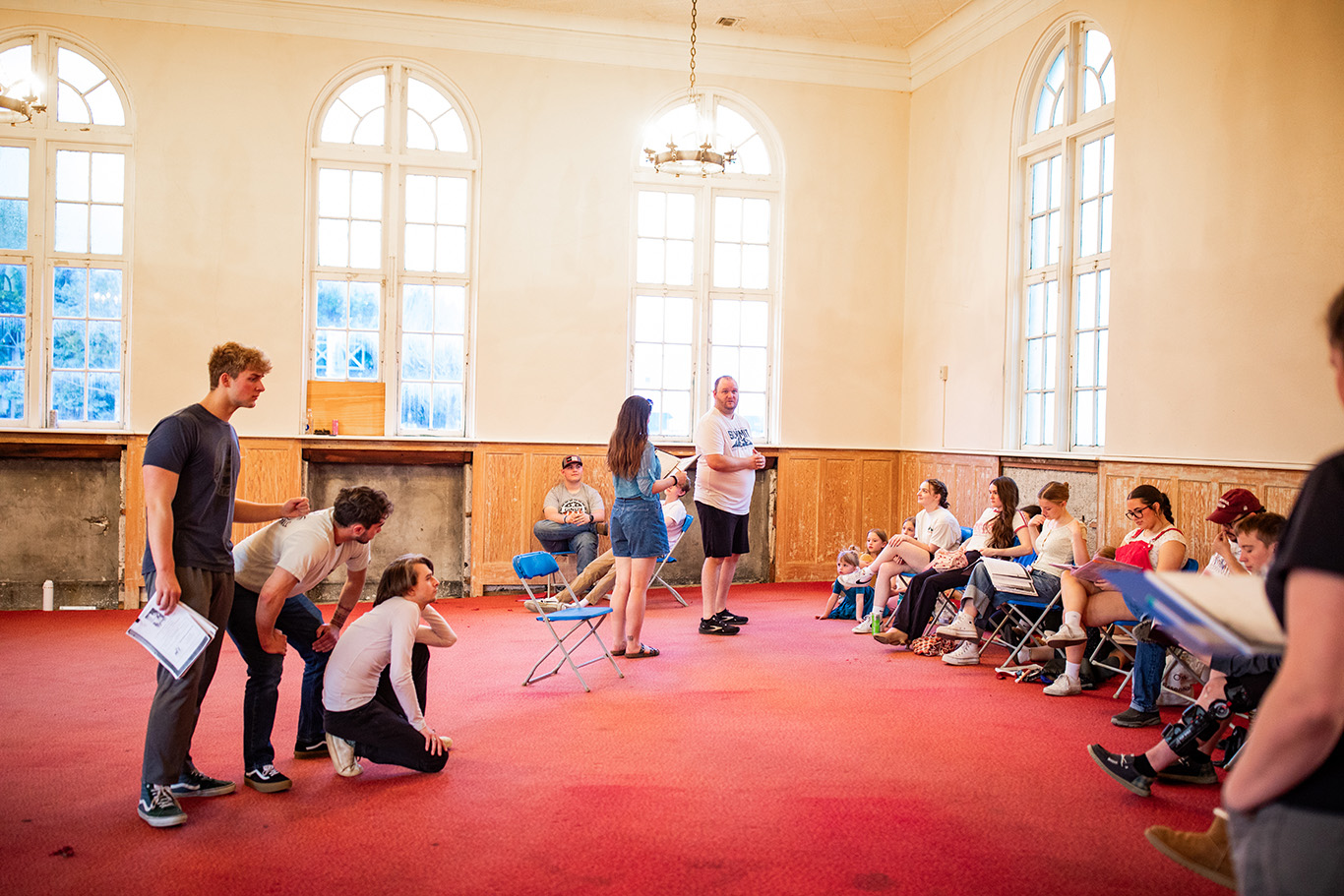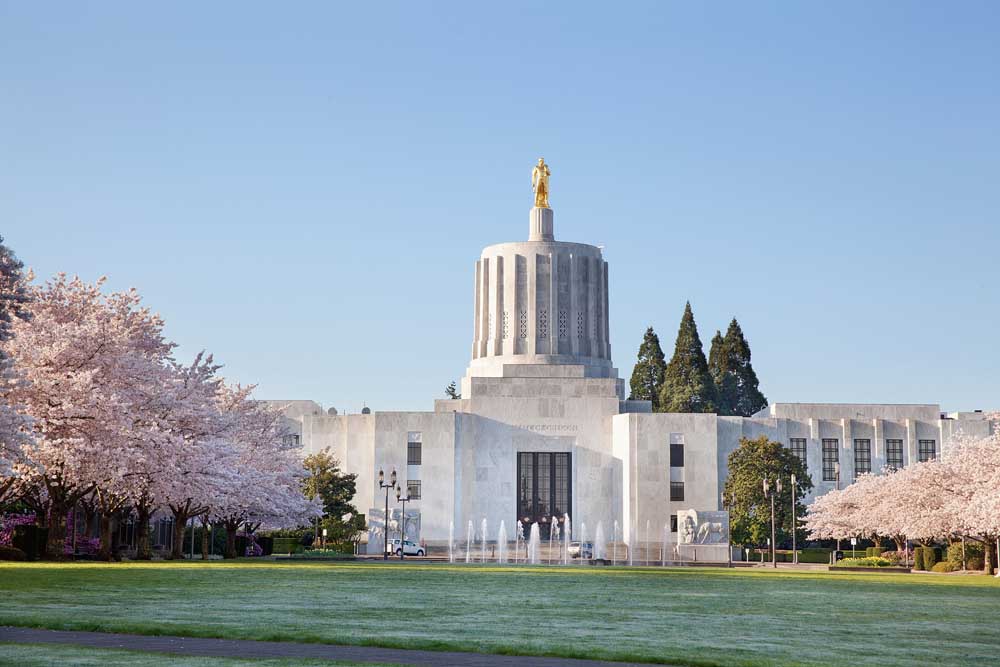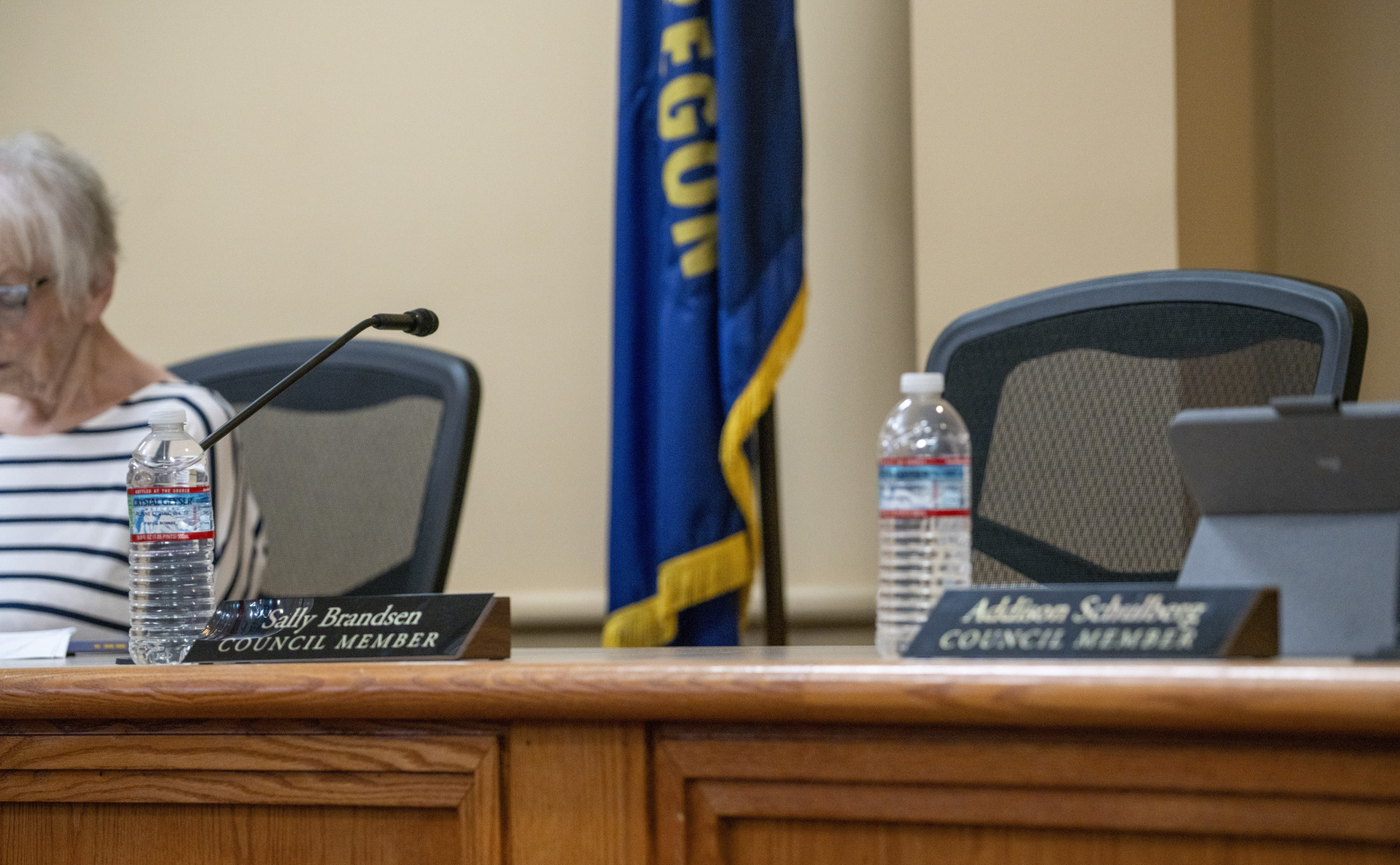Enrollment loss underlines housing and job shortages in Milton-Freewater
Published 6:00 am Thursday, December 12, 2019

- Duff
MILTON-FREEWATER — Aaron Duff has lost a lot of sleep this school year.
Duff, a first-year superintendent in the Milton-Freewater Unified School District, told his board members at their regular meeting Monday he’s been awake in the middle of many nights, worrying about the district’s dropping enrollment.
In broad terms, fewer students means less basic support from the state of Oregon, and that translates to a loss of about half a million dollars for MFUSD, officials said.
As of October, the district has 1,676 enrolled students, the lowest number in several years and 76 less than the 1,763 students from last school year.
Almost 100 children left the district over the past summer, about half of those McLoughlin High School students. Records requests show about one-third of departing students went to schools in Walla Walla and College Place, Washington, 22 went to Athena-Weston schools, and the remaining requests were a mix of private and online schools, or unknown locations.
Duff said he searched for answers, examining enrollment trends in every grade. He boiled down variables to find two basic truths for Milton-Freewater.
“I think you see a lot of this in regions struggling to provide adequate housing and adequate jobs,” he said.
A robust job market elsewhere means people are moving away from farm towns, which can no longer provide the employment opportunities of days past, Duff said.
“Fifty years ago, people in Milton-Freewater could tie their income to agriculture. Now we have a lot less of that. Farmers are able to do a lot more with a lot less labor.”
There are fewer small farms and more conglomerate farming. When that’s added to globalization, today’s agricultural picture is very different, he said.
“Now we’re competing with the rest of the world. What we’re seeing is Milton-Freewater is not competing with Walla Walla. We’re competing with other small towns in other countries.”
Added to that, one of the town’s largest employers closed a year ago. Sykes Enterprises, a call-in help center, was mostly staffed by younger workers, many of whom had children enrolled in local schools, Duff said.
But housing — lack of and who’s buying — is probably the bigger of the two issues, he said.
Even with fewer jobs available, the city does not have enough housing to go around, Duff told the board.
“I have teachers who can’t find a house to live in.”
When Duff checked into what houses did sell over the summer, he found almost all were bought by people without school-age children.
He and others have discussed avenues of action, including collaborating with city officials to make sure Milton-Freewater has enough affordable housing, Duff said.
Otherwise, there’s a lot of good going on, he noted Monday night.
“We have amazing students. We have 22 kids in a classroom instead of 30. There’s a new Parks & Rec district in Milton-Freewater. There are new homes going in on the hill.”
The district is responding to fewer student dollars from the state by directing resources “where resources need to be,” the superintendent said, adding he doesn’t anticipate making staff cuts but that a dip into the savings account will be necessary.
For now, enrollment in this district has plateaued after an autumn of weekly ebbs and flows, Duff said.
“I don’t know if it is going to take years to gain those students back or if this is our new norm.”
Duff is once again sleeping at night, except in the last two weeks — baby goat season has started in his herd, he said at the end of Monday’s board meeting, and a set of triplets was just born.
Those kid numbers, at least, are increasing.





